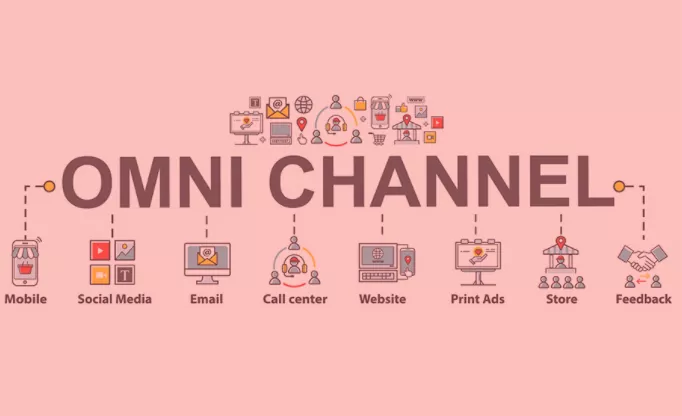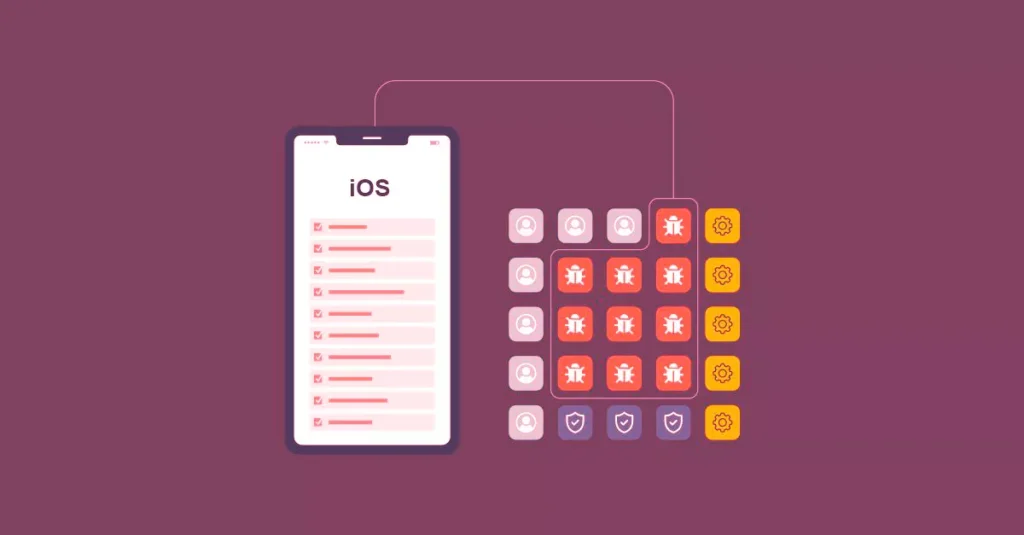In today’s digital world, we often come across terms like “web app” and “mobile app”, but do we really understand the difference between the two? While they may seem similar at first, some key distinctions set them apart.
We will dive into the world of web apps and mobile apps to help you gain a better understanding of their differences. Let’s start with web apps. A web app, short for web application, is accessed through a web browser on a desktop or laptop computer. It is essentially a website that functions like a software application, allowing users to perform specific tasks or access certain services. Web apps are built using web technologies such as HTML, CSS, and JavaScript and can be accessed from any device with an internet connection and a compatible browser. On the other hand, a mobile app, as the name suggests, is designed specifically for mobile devices such as smartphones and tablets. Unlike web apps, which are accessed through a browser, mobile apps need to be downloaded and installed on the device from an app store. Mobile apps are developed using platform-specific technologies such as Swift for iOS and Java for Android.

One of the major differences between web apps and mobile apps lies in their user experience. Web apps are designed to be responsive and adaptable to different screen sizes and resolutions. They can be accessed on various devices, including desktops, laptops, tablets, and smartphones. However, since web apps rely on the internet connection and browser capabilities, they may not offer the same level of performance and functionality as native mobile apps. Mobile apps, on the other hand, are optimized for specific mobile platforms, making them more efficient and reliable. They can take advantage of the device’s hardware and software features, such as the camera, GPS, and push notifications. Mobile apps also have the advantage of being accessible offline, allowing users to access certain features or content even without an internet connection. Another key difference between web apps and mobile apps is the development process. Web apps are typically easier and faster to develop compared to mobile apps. Since web apps use web technologies that are widely supported and have a large developer community, they can be built using frameworks and tools that streamline the development process. Mobile app development, on the other hand, requires specific knowledge of platform-specific languages and frameworks, making it more complex and time-consuming. In terms of cost, web apps are generally more cost-effective compared to mobile apps. Developing a web app requires fewer resources and can be done using existing web development skills. Mobile app development, on the other hand, often requires specialized expertise and may involve additional costs for testing and deployment on different platforms. So, which one is better – web app or mobile app? Well, it depends on your specific needs and goals. If you require a cross-platform solution that can be accessed from various devices, a web app may be the way to go. On the other hand, if you need to leverage the full potential of a mobile device and provide a seamless user experience, a mobile app may be the better choice. In conclusion, while web apps and mobile apps share some similarities, they have distinct characteristics that set them apart. Understanding these differences can help you make informed decisions when it comes to developing and choosing the right app for your needs. Whether you opt for a web app or a mobile app, both have their own strengths and can serve as powerful tools in today’s digital landscape.


